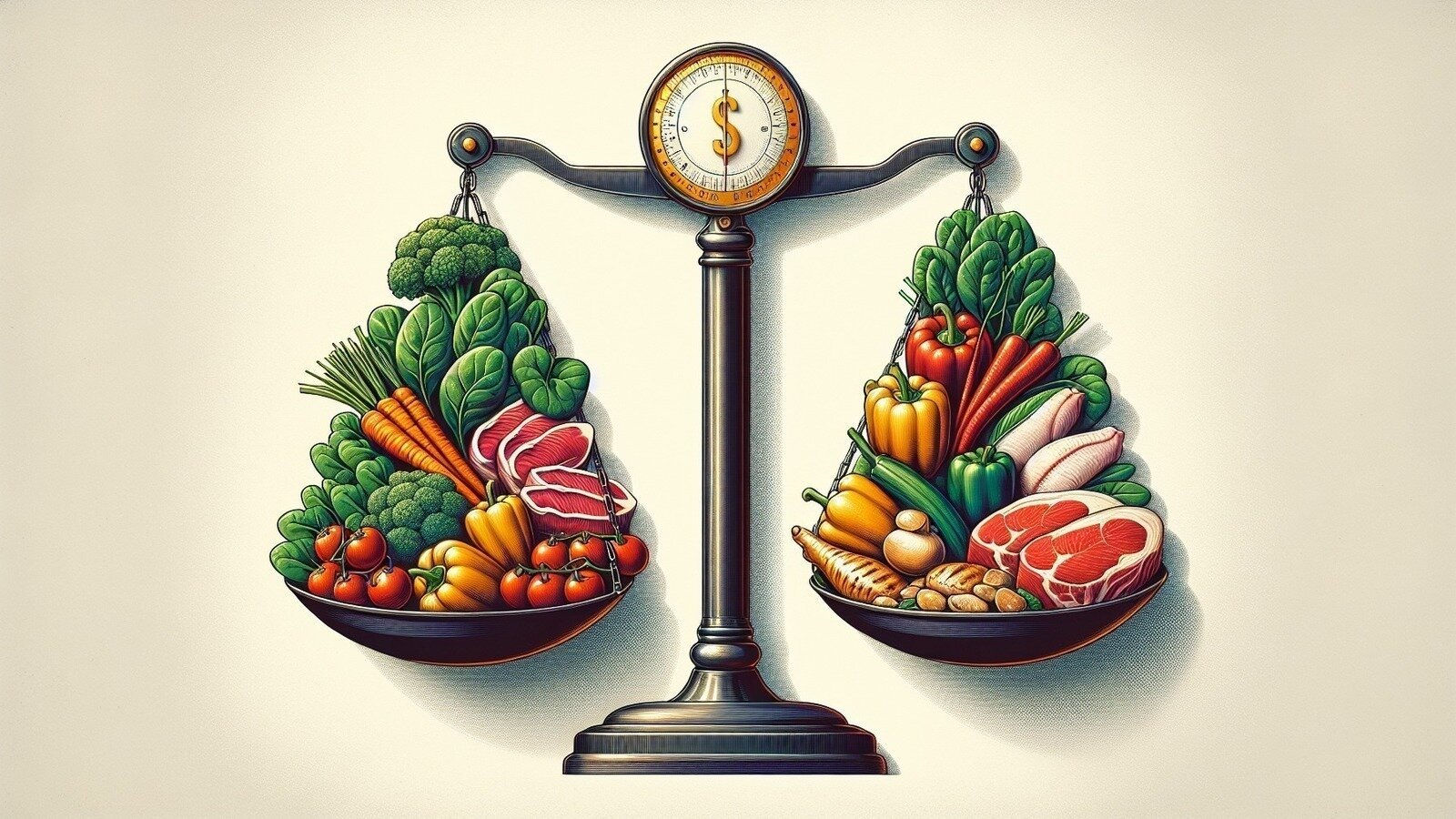NZ should remove GST on meat and veggies
NZ should remove GST on meat and veggies

Sign the Petition

With the cost of living soaring, many Kiwi families are struggling to afford healthy food. Countries like Canada and the UK don’t tax basic groceries, and it's time New Zealand followed suit. Removing GST—or offering a rebate—on meat and vegetables would ease financial pressure, improve access to nutrition, and support better long-term health for all New Zealanders. Let’s push for tax policy that puts people’s wellbeing first. Sign the petition and help make real change happen.
We went over this at the last election, it's a stupid idea, and the added complexity of the new GST scheme doesn't make this even remotely worthwhile.